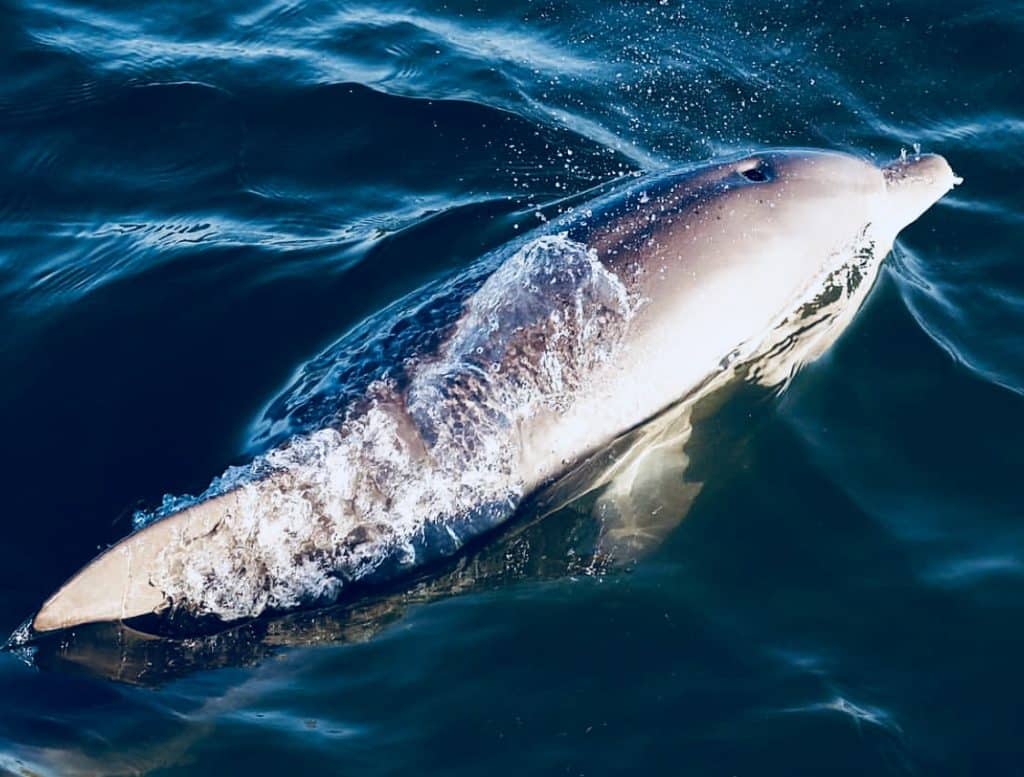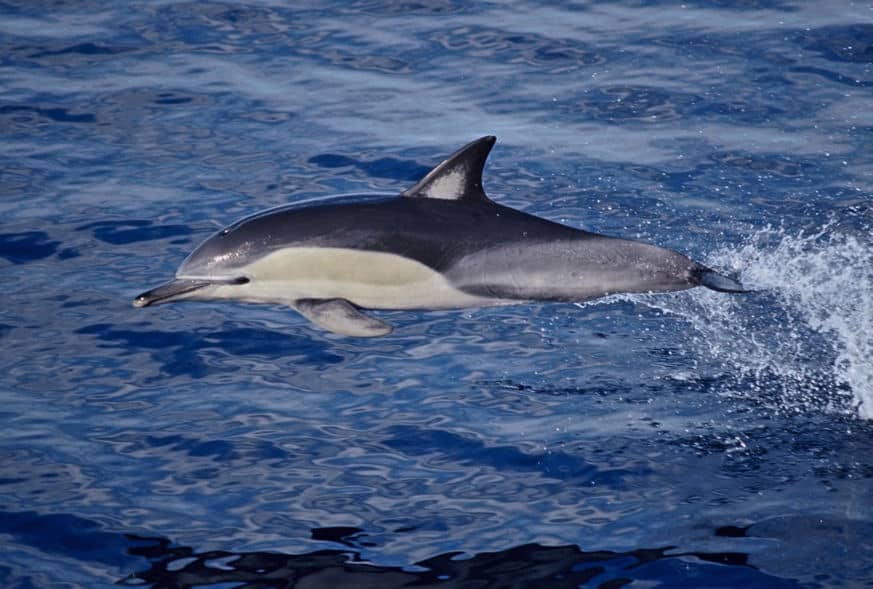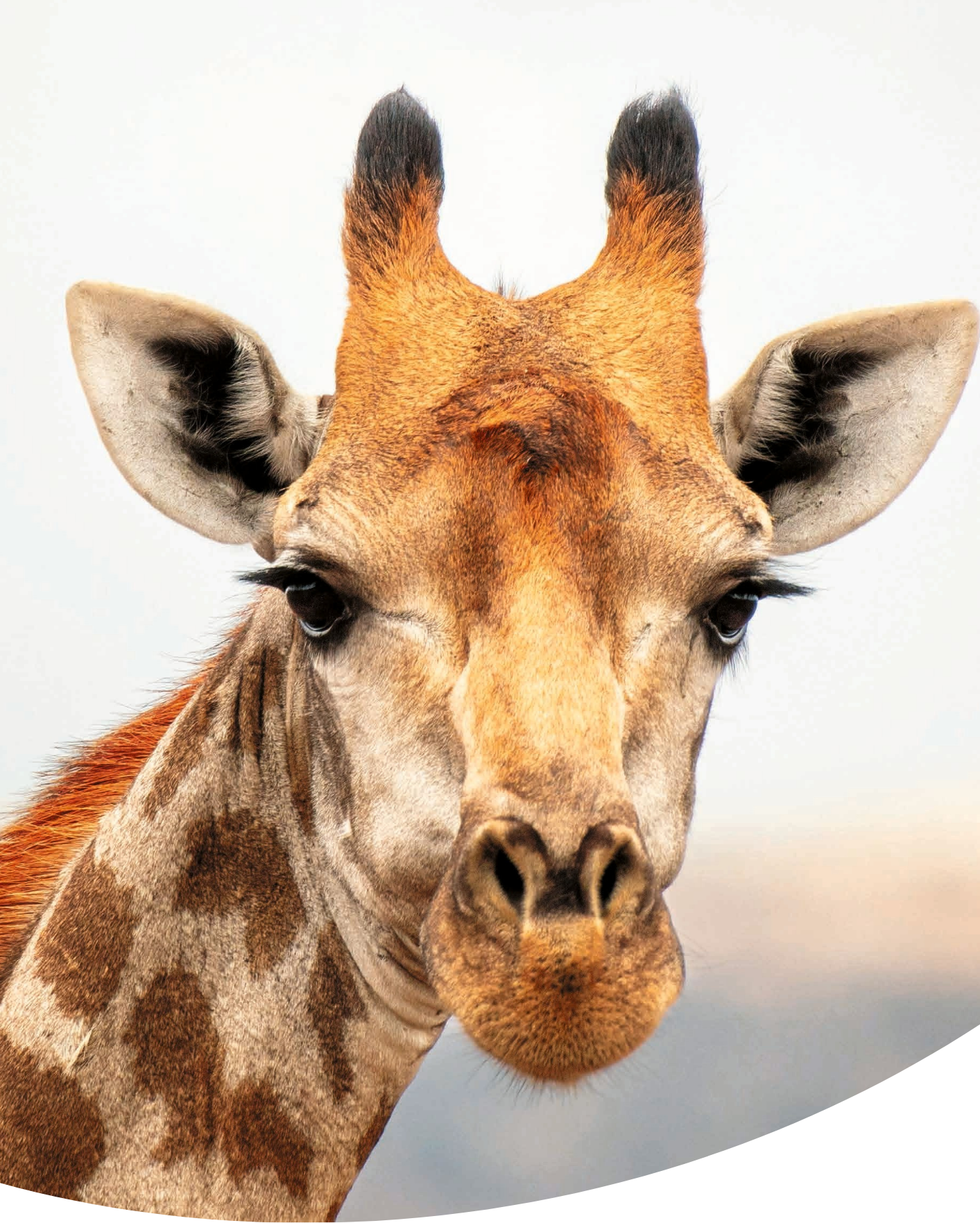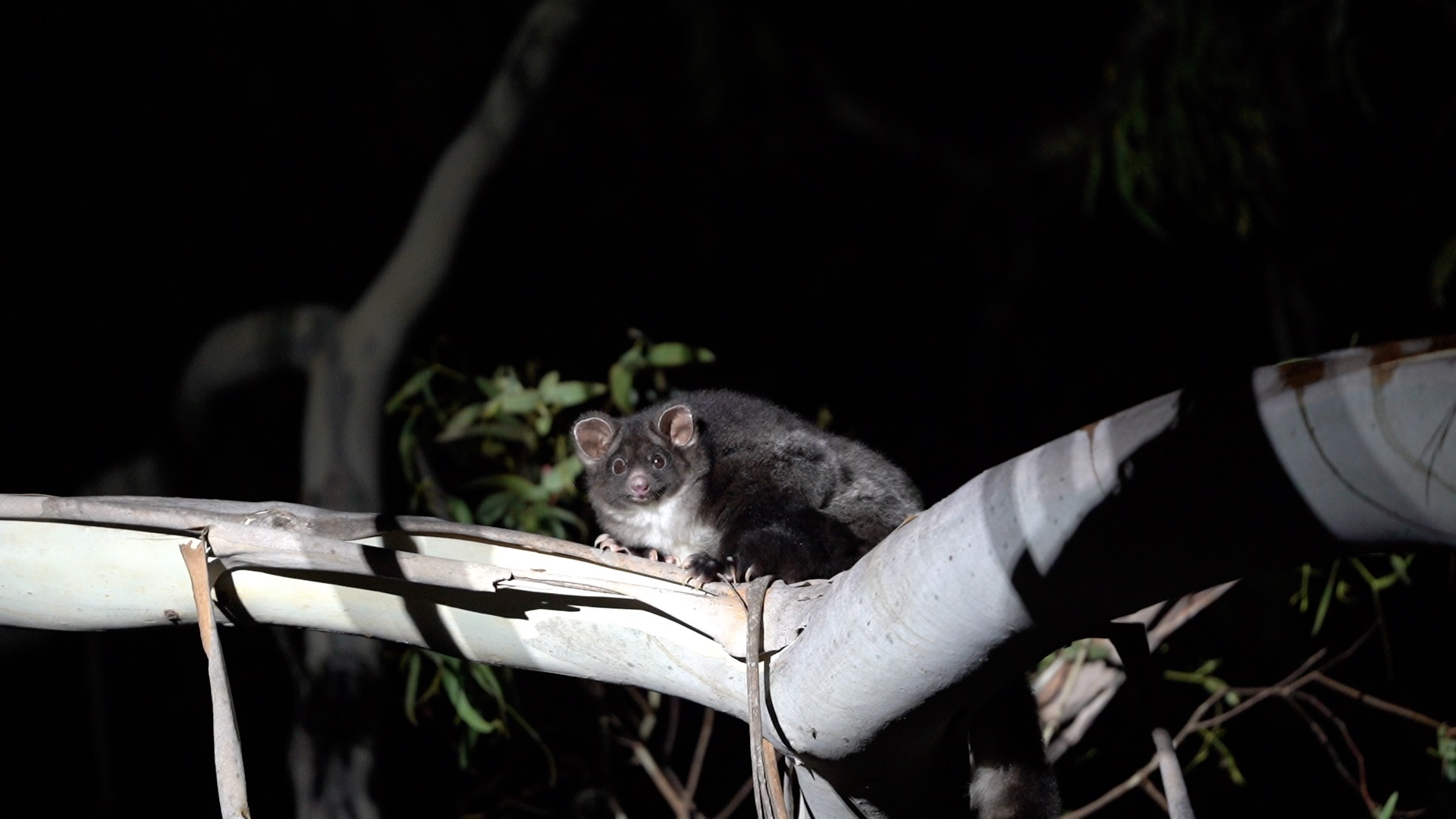Find out more about our work on federal environment reforms, the recent victory in protecting whale sharks, an update on our partner projects and lots more.
A fishery off southern Australia has a big secret – dolphins are drowning in their nets. And fisheries managers are not doing enough to stop it.
Amazingly we don’t know a lot about the dolphins found around Australia’s coasts, with new species still being discovered as recently as 2011*. However, most species are not considered threatened, and this is part of the problem. Their deaths aren’t taken seriously enough.
In 2017 64 dolphins died in the nets of the Southern and Eastern Scalefish and Shark Fishery’s Gillnet Hook and Trap Sector, and another 47 dolphins were killed between January and September 2018. The fishery at issue uses gill nets to catch gummy sharks which is the flake in fish and chips. The slow drowning of dolphins is a huge animal welfare problem. As a result of these drownings, dolphin pods or families are torn apart and mothers separated from the calves with whom they have strong and prolonged bonds. Bottlenose dolphins, one of the species killed, usually live in small groups of 5 to 15 animals, often with a restricted geographic range, so the loss of one or two individuals from these groups could be significant.

Fisheries managers approach this problem through a strategy of individual accountability whereby fishers that continue to kill dolphins move through a series of management actions until they are eventually excluded from the fishery for a period of six months. The fact that a boat was recently excluded from the fishery demonstrates the scale of the problem but too many dolphins are allowed to die before this action is taken. This lacklustre strategy is clearly failing, with no reduction in the number of dolphins dying year after year.
Clearly new solutions are desperately needed and are available. Areas can be closed to fisheries if they are hotspots for dolphin bycatch – either seasonally or permanently. And fishers should be forced to take action after just one dolphin is caught in their net.

Sadly fisheries managers have not been prepared to implement management actions such as area closures and are simply stating that more research is needed into the issue of dolphin bycatch.
We have enough data already. We know that dolphins are needlessly drowning in nets. We know that urgent action can be taken to reduce these deaths.
The Government is currently reviewing the strategy in which aims to reduce dolphin deaths.
Please help us by writing to help convince the Fisheries Minister that the status quo isn’t good enough. It is not appropriate or right to play a waiting game and watch whilst dolphins are subject to cruel deaths. We want the strategy to be improved with more actions to protect dolphins sooner, so that less die. We expect more from Australia and its fisheries.
*Charlton-Robb K, Gershwin L-a, Thompson R, Austin J, Owen K, McKechnie S (2011) A New Dolphin Species, the Burrunan Dolphin Tursiops australis sp. nov., Endemic to Southern Australian Coastal Waters. PLoS ONE 6(9): e24047. https://doi.org/10.1371/journal.pone.0024047
https://www.abc.net.au/news/2011-09-15/new-dolphin-species-discovered/2899894
Alexia Wellbelove is a Senior Program Manager at the Humane Society International (HSI). She joined the organisation in 2009. With over two decades experience in conservation her current focus is environmental policy, marine conservation (particularly marine mammal and fisheries bycatch) and wildlife trade. She helped found the Places You Love alliance and serves on a number of state and federal government committees. She has represented Australia as a member of the delegations to both the International Whaling Commission (IWC) and the Convention on Migratory Species (CMS).
A zoologist by training, Alexia returned to Australia in late 2008 after working in the UK environmental sector. This included a spell as an environmental consultant and roles in the NGO sector with the Bat Conservation Trust, the Marine Stewardship Council and as Director of Wildlife and Countryside Link, where she served on a number of UK Government committees.


